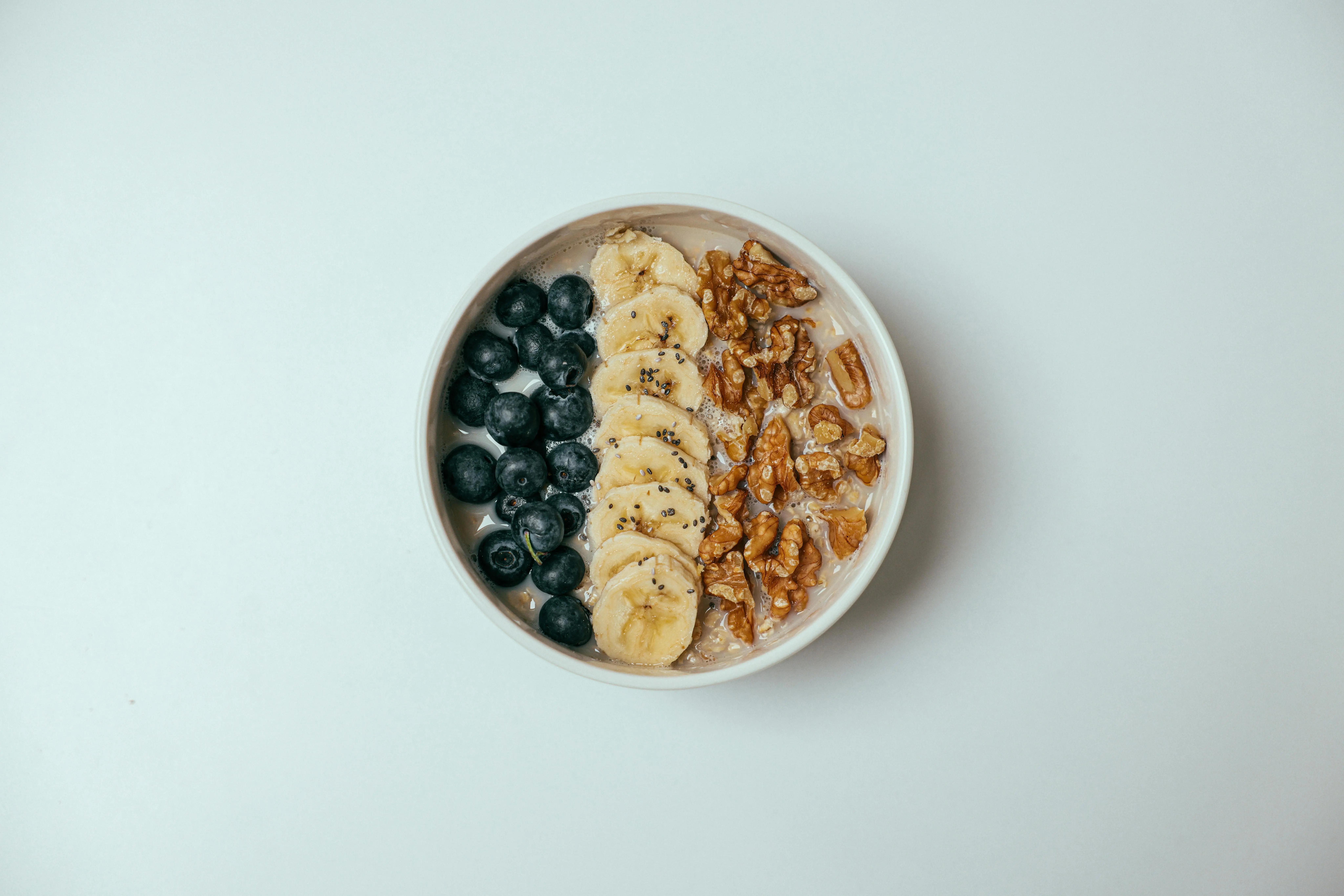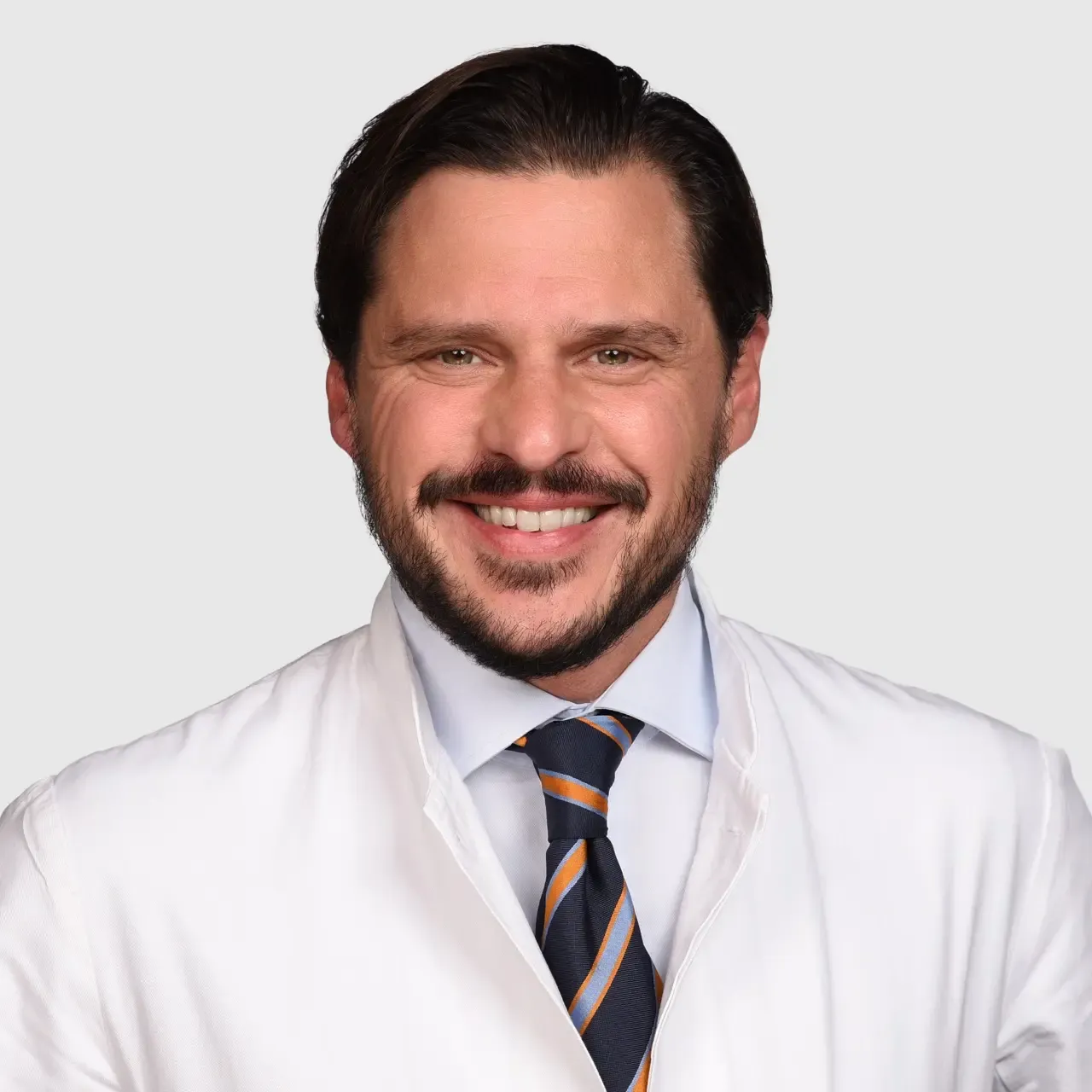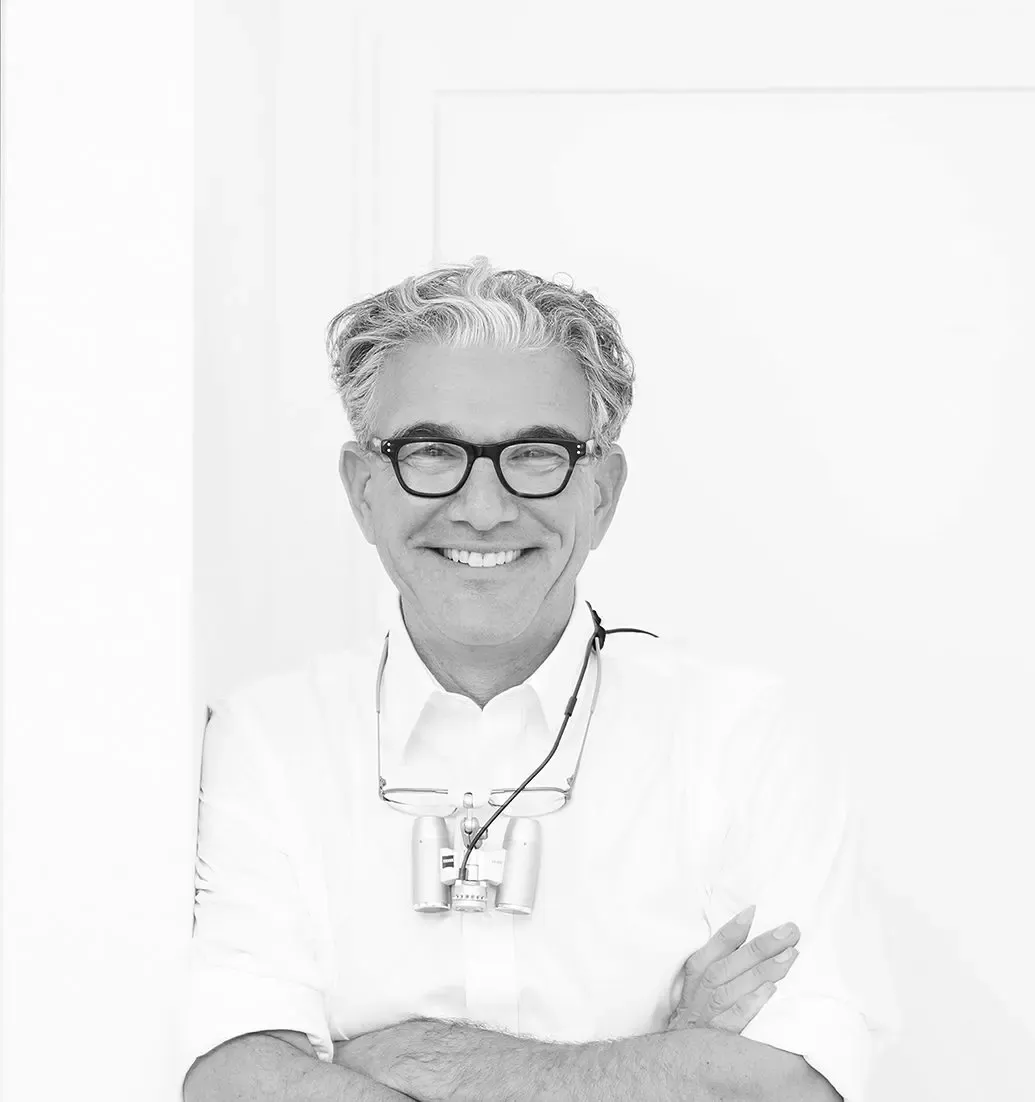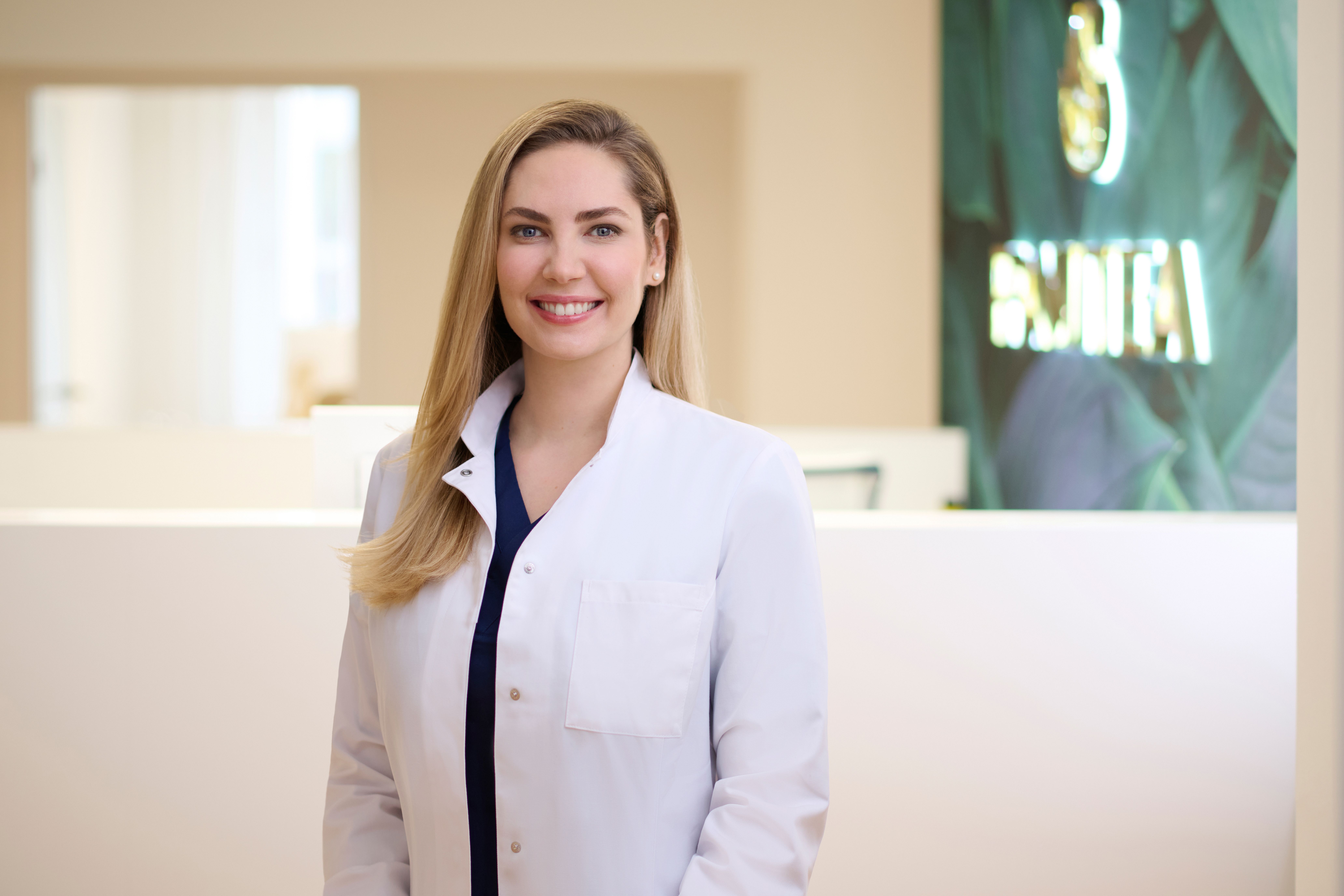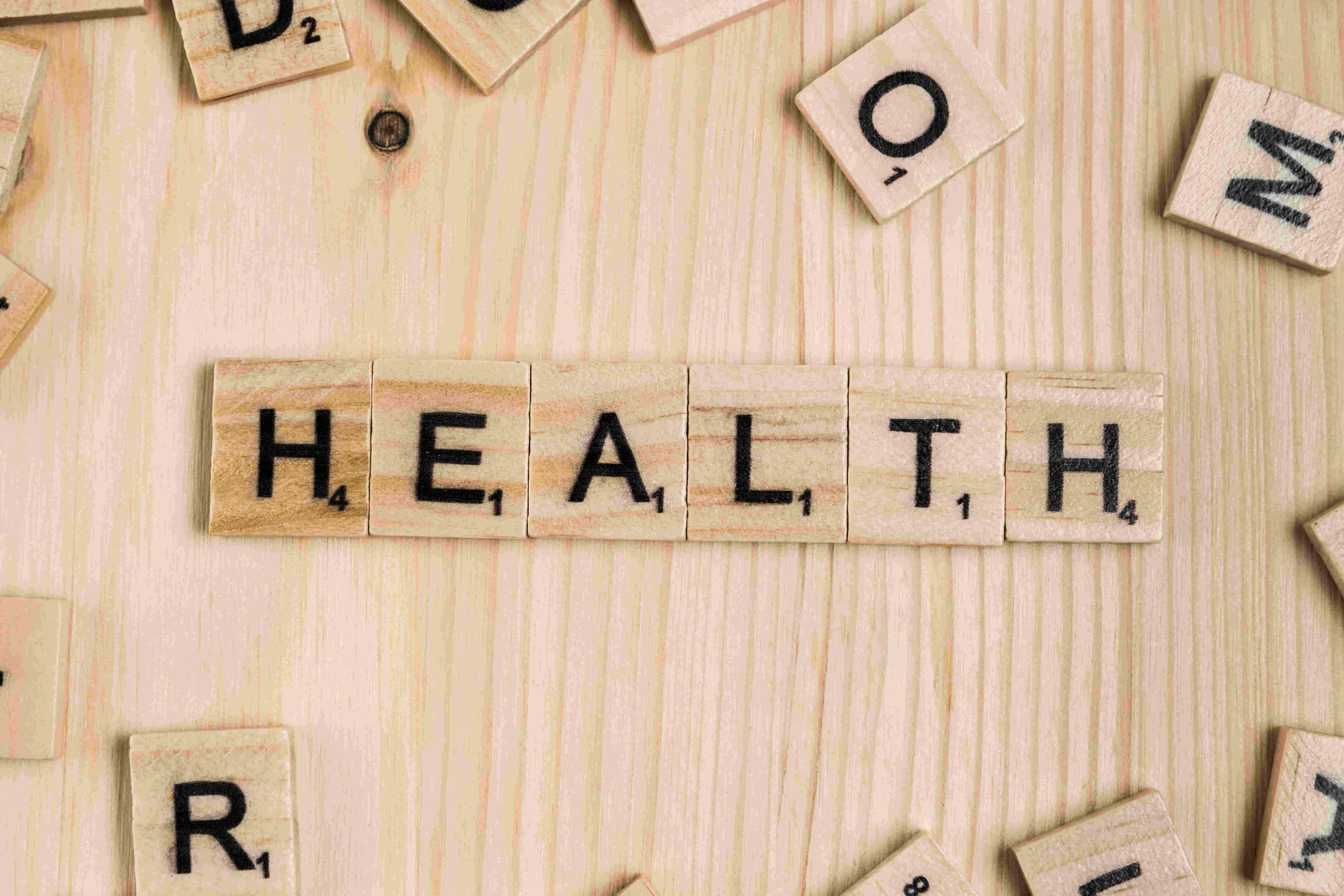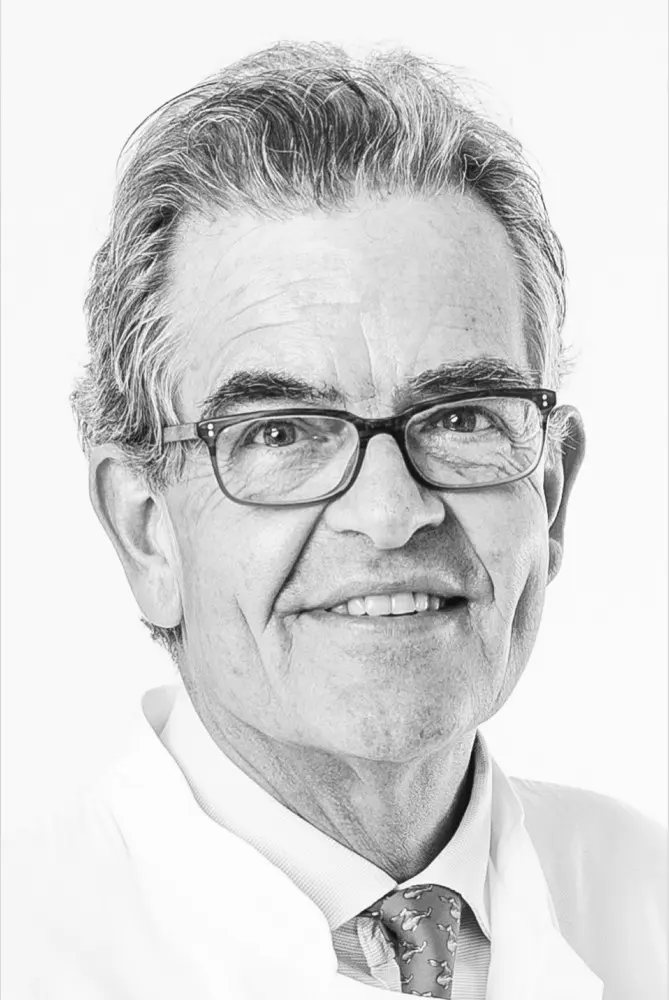Prof. Dr. Eckhard Goepel practically has the profession of a gynecologist in his genes. Even his father and grandfather were successful gynecologists. Today's leg supports on almost every gynecological examination chair are actually an invention of his grandfather.
Together with a long-time friend and colleague, he founded the Mammazentrum Hamburg — today the largest breast center in Germany. In addition to his professional activities, he is committed as a foundation board member of the Stiftung Mammazentrum Hamburg significantly for therapy accompanying programs of breast cancer patients that go beyond the range of services covered by health insurance.
Due to some high-profile cases of younger women speaking out publicly about their breast cancer, there is a belief that women are getting breast cancer earlier. What is your assessment here based on your long-standing experience?
When young women develop breast cancer, it is of course always a dramatic situation, as the desire to have children may not have been discussed or completed at this age. However, the frequency of young women developing breast cancer has not increased in recent years.
Only 1% of breast cancer cases occur between the ages of 20 and 30. In Germany, approximately 70,000 women develop breast cancer every year, i.e., 1 in 8 women will develop breast cancer in their lifetime. One-third of these patients are under 55 years old.
Various studies suggest a possible connection between hormonal contraceptives and the likelihood of developing breast cancer. To what extent should the family history of breast cancer or even the genetic predisposition be considered when choosing contraceptives?
The data on whether hormonal contraceptives like the pill increase the risk of breast cancer is very diverse. There may be a very slight risk. On the other hand, taking the pill reduces the risk of developing uterine or ovarian cancer. Even if there is a genetic predisposition, there is no reason not to take the pill.
As a board member of the Mammazentrum Hamburg Foundation, among other things, you are committed to financing therapeutic support measures for patients, which are usually not covered by statutory health insurance. At the same time, you engage in public relations to improve awareness of breast cancer. What role do, for example, the health and nutrition workshops that are part of the foundation's program play? Do you think it makes sense to offer such or similar workshops preventively to young women in the future?





